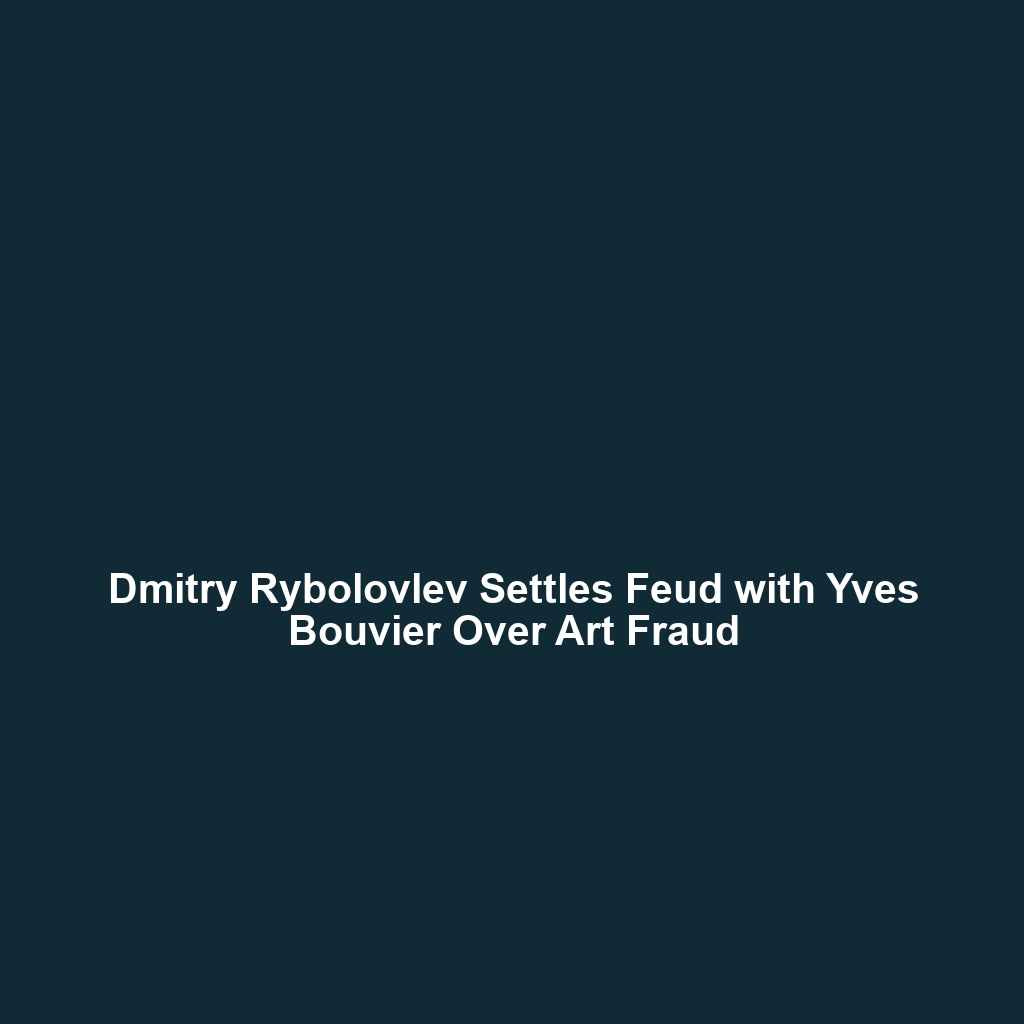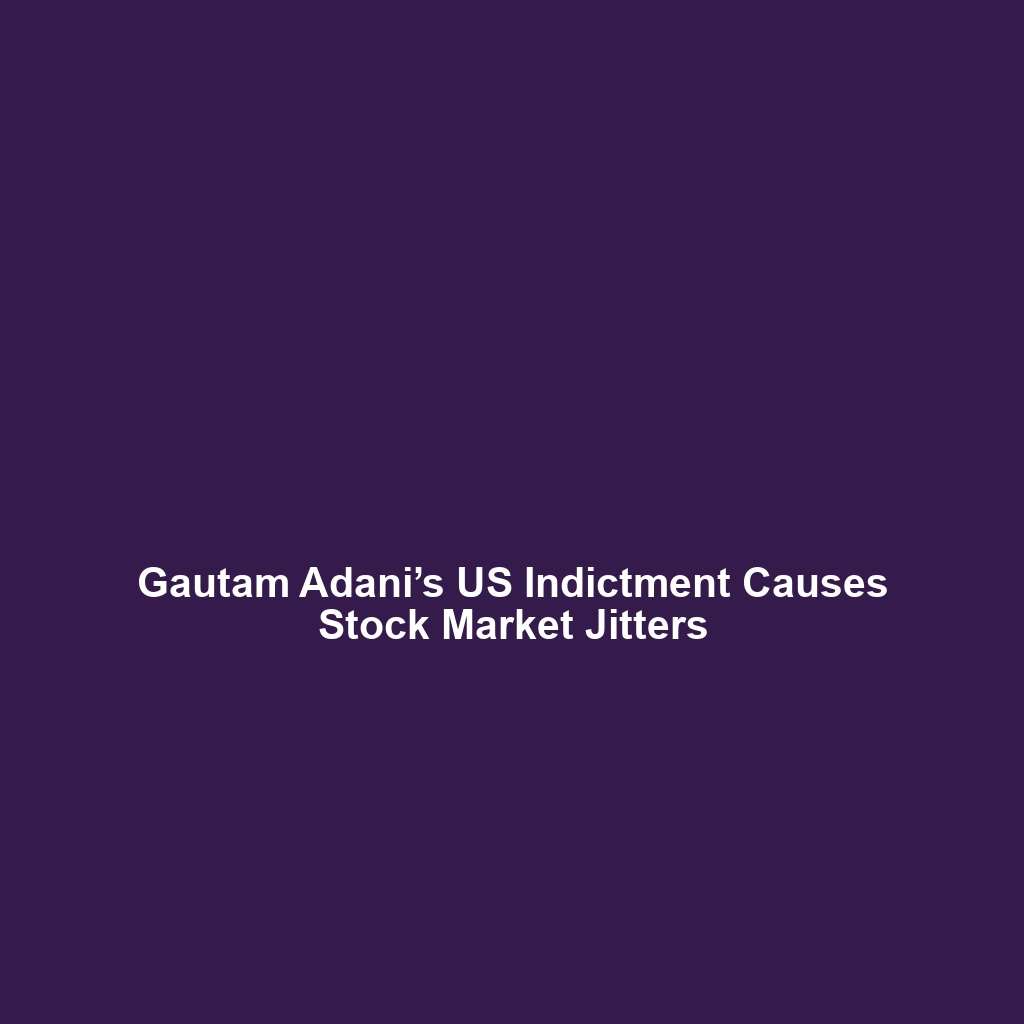Your cart is currently empty!
Dmitry Rybolovlev Settles Feud with Yves Bouvier Over Art Fraud
In a high-profile resolution to a long-standing legal dispute, Russian billionaire Dmitry Rybolovlev has settled his claims against Swiss art dealer Yves Bouvier. The feud, centered around allegations of fraud involving over $1 billion worth of art transactions, has concluded with both parties agreeing to a settlement, marking a significant shift in the high-stakes art world.
Background of the Dispute
The conflict began in 2014, when Rybolovlev accused Bouvier of overcharging him for artworks by renowned artists, including Picasso, Modigliani, and Rothko. Rybolovlev claimed that Bouvier acquired the pieces at lower prices and sold them to him at marked-up values, resulting in substantial financial losses. The case highlighted the often opaque nature of art transactions and raised questions regarding ethics in the art market.
The legal battles unfolded across several jurisdictions, with Rybolovlev filing lawsuits in multiple countries, including Switzerland, Monaco, and the United States. During the proceedings, Rybolovlev sought to recover damages that he argued were a result of Bouvier’s fraudulent practices.
Settlement Details
As per the settlement announced this week, both Rybolovlev and Bouvier have agreed to withdraw their claims, effectively concluding the extensive litigation. Although specific terms of the settlement have not been disclosed, sources suggest that it does not involve significant financial restitution to Rybolovlev.
Legal experts highlight that such settlements in the art world often serve to avoid the lengthy and costly process of trial, allowing both parties to preserve their reputations. According to lawyer John Smith, who specializes in art law, “Settlements in these cases are common, as the art market thrives on relationships and reputation. A protracted legal battle could have lasting repercussions for both Rybolovlev and Bouvier.”
Impact on the Art Market
The conclusion of this high-profile case sheds light on broader concerns within the art market, particularly around transparency and ethics. The dispute has led to increased scrutiny of art dealers and the practices that govern high-value sales. Experts suggest that it may encourage the development of standardized procedures and more rigorous due diligence for buyers.
In light of the settlement, art market analyst Marianne Taylor noted, “This case is a wake-up call for buyers in the art industry. It ushers in a new era of vigilance regarding art prices and the potentially deceptive practices that can occur.”
Lessons Learned
The Rybolovlev-Bouvier saga underscores the complexities of art investments and the potential risks involved. Investors are urged to conduct thorough research and seek multiple evaluations before purchasing high-value artworks. The importance of transparency in such transactions cannot be overstated.
Art appraiser Dr. Lucille Monet commented, “This case reveals the need for prospective buyers to engage with independent art advisors and to question valuations, especially when dealing with fine art.”
Conclusion
The settlement between Dmitry Rybolovlev and Yves Bouvier marks the end of a notable chapter in the art world, concluding years of legal battles involving allegations of significant financial misconduct. While both parties have agreed to move on, the implications of this case are likely to resonate throughout the art market for years to come. As buyers navigate this landscape, the lessons learned from the Rybolovlev-Bouvier dispute serve as a crucial reminder of the importance of due diligence and ethical practices in art dealings.
For further reading on this topic, visit art market publications such as “ArtNews” and “The Art Newspaper,” which continue to cover developments and trends in art sales and ethics.

